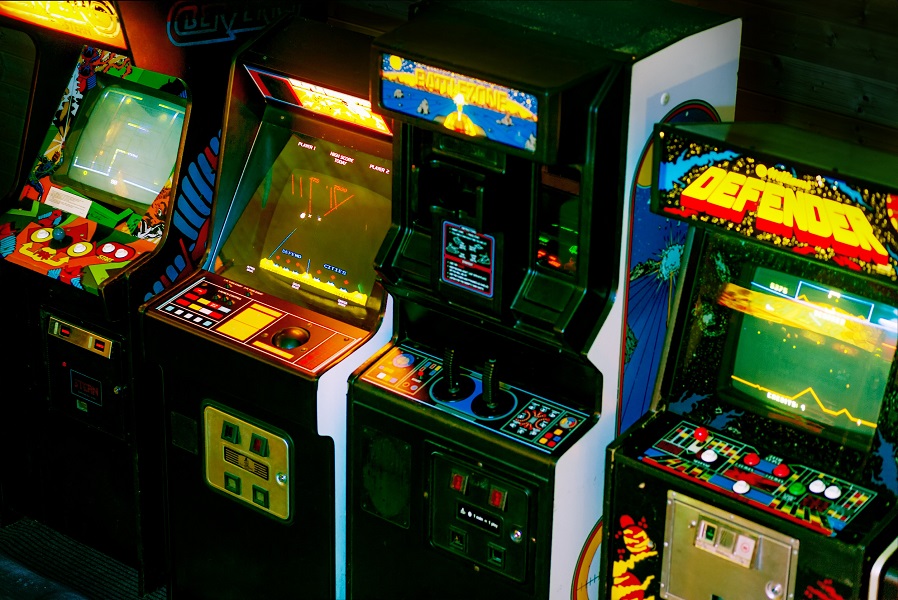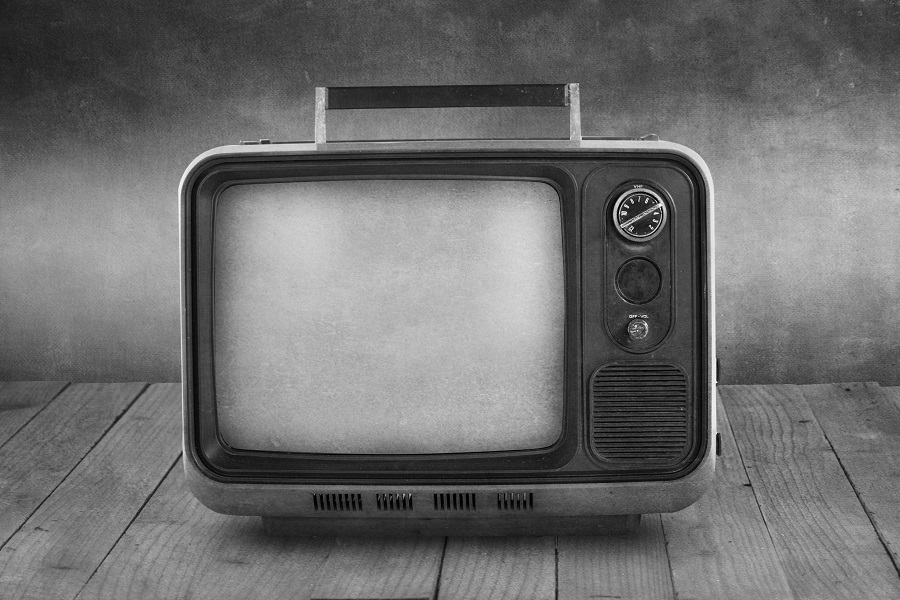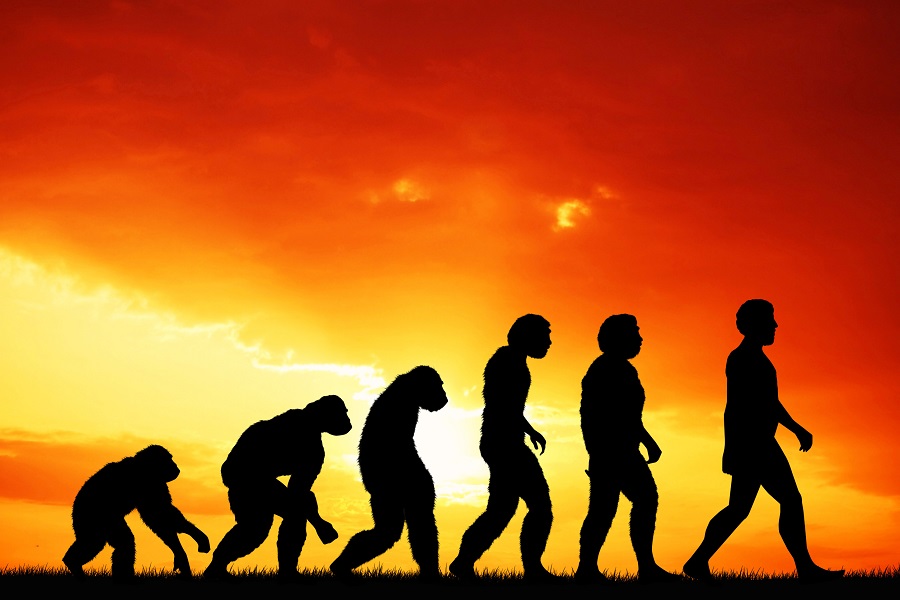
1. Owning and Driving Gasoline Cars
In the 2040s, the idea that people once predominantly drove gasoline-powered vehicles will likely seem as outdated as the horse and buggy does to us now. Future generations will marvel at the inefficiency and environmental impact of gas engines, especially as electric vehicles and possibly other advanced transportation technologies become the norm.
2. Using Physical Credit Cards and Cash
As digital payments continue to evolve, the concept of carrying physical wallets with cash and plastic cards might be a curious antiquity to people in the 2040s. They’ll likely use seamless biometric systems or advanced digital IDs for all transactions, making physical payment methods seem cumbersome and insecure.
3. Consuming Meat from Live Animals
Given the rise of plant-based diets and lab-grown meats, the traditional practice of consuming meat from animals might be viewed with disbelief or ethical disdain by 2040s standards. Future societies might consider today’s meat consumption practices both barbaric and environmentally unsustainable.
4. Smoking Cigarettes
As public health policies continue to push against smoking due to its health risks, the act of smoking tobacco might be particularly baffling to future generations, who will see it as a dangerous and unnecessary risk that was oddly tolerated by earlier societies.
5. Daily Commuting to Work
The shift toward remote and flexible work arrangements might make the idea of daily commuting to an office seem outdated and inefficient. People in the 2040s might find the concept of rush hour traffic jams and crowded public transport to be a wasteful relic of the past.
6. Manual Driving
With autonomous vehicles expected to dominate the roads, the skill of driving might become rare or even obsolete. Future individuals might view manual driving the way we view manual typewriters: quaint, but impractical.
7. Privacy Concerns with Technology
As technology integrates deeper into personal and public life, the norms surrounding privacy might shift dramatically. The privacy concerns we grapple with today could be viewed as archaic or overly cautious by those accustomed to ubiquitous surveillance and data sharing in the 2040s.
8. Traditional Schooling Systems
The structure of sitting in classrooms for education might be replaced by more dynamic, technology-driven learning environments. Future generations may find the idea of physical classrooms, textbooks, and standardized tests to be limited and archaic.
9. Single-use Plastics
Given the current trends toward sustainability, the widespread use of single-use plastics in packaging and products will likely be regarded as environmentally reckless by future standards.
10. Cable Television
The concept of watching scheduled television programming via cable might be as peculiar to future generations as listening to serial radio shows is to us, with on-demand digital streaming becoming ever more prevalent.
11. Tanning Beds
Given the increased awareness of skin cancer risks, using tanning beds might be viewed as an unnecessary and risky vanity practice by the 2040s.
12. Large, Power-Hungry Home Appliances
Future appliance technology will likely focus on ultra-efficiency and minimal environmental impact. The bulky, energy-consuming appliances of today could seem wasteful and clumsy by comparison.
13. Fast Fashion
The fast fashion industry, with its rapid production cycles and wasteful practices, might be viewed with criticism for its environmental impact and labor practices, as future fashion becomes more sustainable and ethically sourced.
14. Landline Phones
Already becoming a rarity, landline phones might be viewed as an amusing historical anomaly, especially given the rapid evolution of mobile and virtual communication technologies.
15. Physical Media (DVDs, CDs)
Like VHS and cassette tapes before them, DVDs and CDs will likely be seen as inefficient storage methods for media, with digital and cloud storage fully taking over.
16. Heavy Textbooks
The use of heavy, printed textbooks for education may be seen as an unnecessary physical burden when digital alternatives offer dynamic, updateable, and portable learning options.
A Glimpse Into Tomorrow
Reflecting on what future generations might find bizarre about today offers us valuable insights into the areas where societal progress is expected or needed. It reminds us of the transient nature of technology and cultural norms, and how today’s cutting-edge can quickly become tomorrow’s history. As we look ahead, understanding these potential shifts can help us adapt and embrace a more sustainable and thoughtful approach to life and technology.

Toi Williams began her writing career in 2003 as a copywriter and editor and has authored hundreds of articles on numerous topics for a wide variety of companies. During her professional experience in the fields of Finance, Real Estate, and Law, she has obtained a broad understanding of these industries and brings this knowledge to her work as a writer.














































